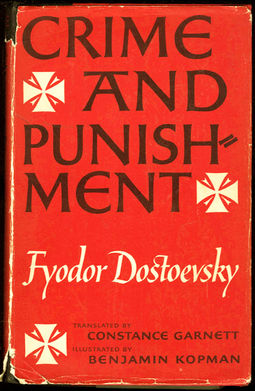I
have finally reached the halfway mark with the one and only The Handmaid's
Tale. Surprisingly, this book never made it on to any of my reading lists
in grade school or university. Somehow, I have read this book until now. Not
that I avoided it or felt anything towards it initially, but, after finishing
this novel, I can't help but feel cheated. I feel like this novel cheated me
out of a full story, and left me with an unfulfilled feeling. Yes, it is my own
fault for loving the happy endings of stories, the kinds where all of the knots
are tied nicely. Scratch that, I don't need it to be happily tied in a bow,
just tied together. And yes, while I appreciate that this is a well
established, highly esteemed novel, I am left feeling discontented and,
frankly, angry.
First of all,
this is definitely a novel for those who love language. It is the words that
make this book (cause let’s face it, nothing really happens until, roughly,
page 200). And while I enjoy language-- I have a hard time understanding
sentences like:
"His face
is long and mournful like a sheep's, but with the large full eyes of a dog,
spaniel not terrier" (26)
Leaving the sheep aside (an animal which I have
never thought as particularly mournful) what is the difference between the eye
of a terrier versus a spaniel (and I ask this as a dog person)?
 |
| Terrier |
 |
| Spaniel |
What is the
difference? Is one more loving, more mournful, more needing? Or is she merely
saying that this man, Nick, is like a dog?
This is not the
only time Atwood mentions dogs, but I shan't go into all of those references in
this reflection as I think I have made my initial point.
Atwood also uses
this exact sentence structure when she our protagonists explains that she " tell[s] the time by the moon. Lunar,
not solar" (249). Out of curiosity, how do you tell the time by the moon
solarly? Ah, well, perhaps these sentences are better left for the literary geniuses
and not the general public.
The world Atwood creates is intriguing and one which
the reader wants to learn more about, but part of the catch 22 is that the
narrator that we are following doesn't even know about her own world because,
as Atwood explains in the question and answer section at the end of the book
"it would be cheating to show the reader more than the character has
access to. Her information is limited. In fact, her lack of information is part
of the nightmare" (398). As the
reader I say...great, just great. So we basically read about a dystopian world
and **SPOILER ALERT** just when things are actually about to happen the
narration/manuscript ends and we are left with an “Anne Frank effect”, of
looking back through records trying to decipher, through process of
elimination, what actually happened. Oh, and to top it off, we can't really make
sense of anything. So what about her child, Luke, her mother, Nick, her
commander, and Serena Joy? What about the eyes that just took her? What about
her own fate? WHAT IS HER REAL NAME?! The
only thing that we know is that she had time after the events of the novel, to
record the events. Like I said I enjoyed the world, the language was intriguing
and poetic, but I am left feeling cheated
Up Next: Moby Dick


